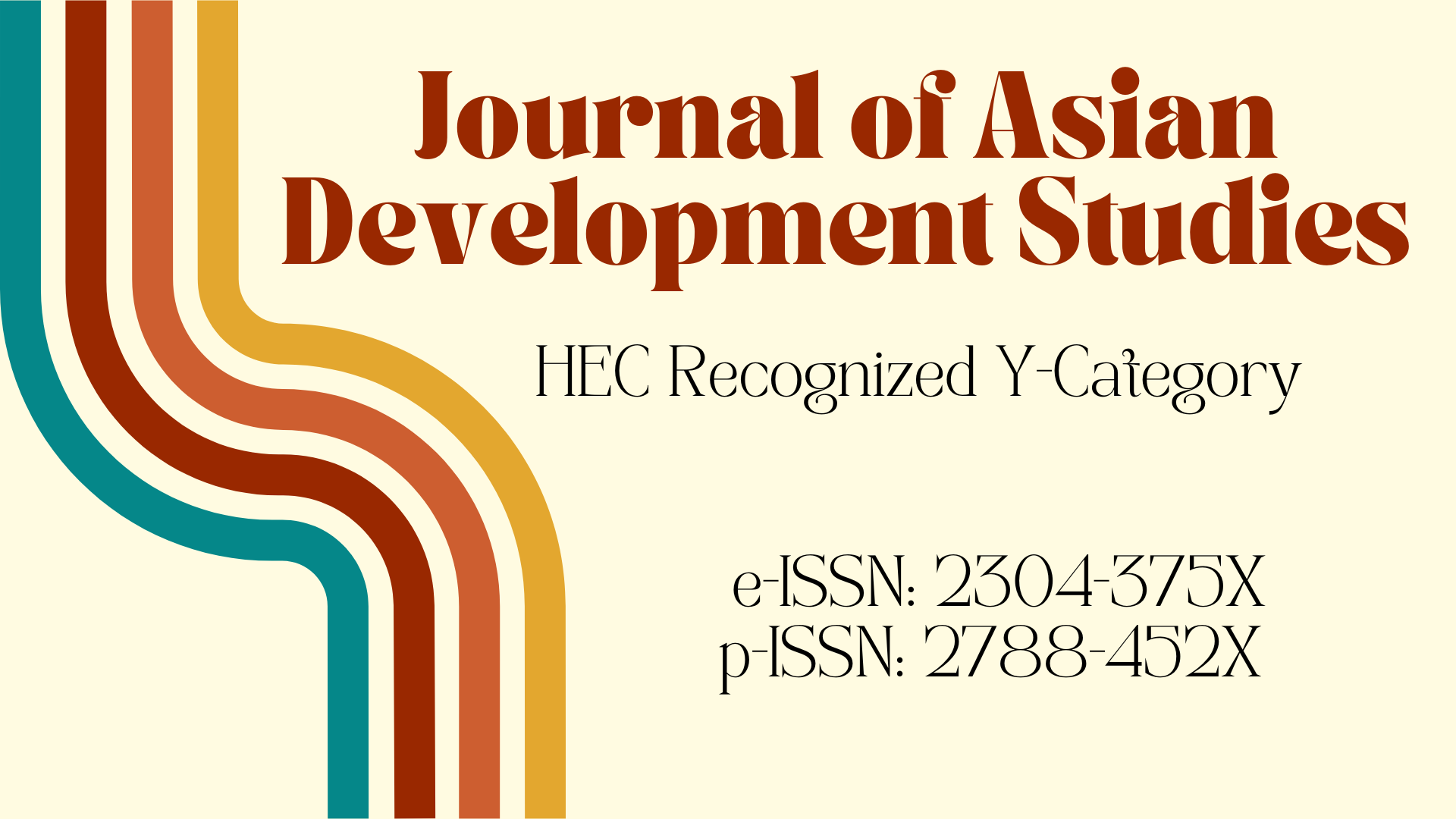Problematic Smartphone Use and Academic Procrastination Among Students in Pakistan
DOI:
https://doi.org/10.62345/jads.2025.14.1.85Keywords:
Problematic Smartphone Use, Academic Procrastination, Young AdultsAbstract
There has been substantial literature on smartphone addiction; however, limited studies have been conducted in Pakistan. To address this gap, provide a foundation for future research, and offer valuable implications for the youth of Pakistan, this study was conducted to investigate the effect of problematic smartphone use on academic procrastination. The study employed a cross-sectional correlational research design and a purposive sampling technique to collect data from students aged 18 to 30 at private and public medical colleges, engineering colleges, and universities in Pakistan who own smartphones and have been using them for at least one year. The study utilized the Smartphone Addiction Scale and the Academic Procrastination Scale to assess the variables. The correlational analysis revealed a significant positive association between problematic smartphone use and academic procrastination, while regression analysis indicated that problematic smartphone use significantly and positively predicts academic procrastination. The study provides comprehensive implications, including the need for government policies, positive parental involvement, awareness campaigns, promoting help-seeking behavior among adolescents, and encouraging mental health professionals to provide psychoeducation to the community.
Downloads
Published
Issue
Section
License

This work is licensed under a Creative Commons Attribution 4.0 International License.
License Terms
All articles published by Centre for Research on Poverty and Attitude are made immediately available worldwide under an open access license. This means:
- everyone has free and unlimited access to the full-text of all articles published in Centre for Research on Poverty and Attitude's journals;
- everyone is free to re-use the published material if proper accreditation/citation of the original publication is given.




